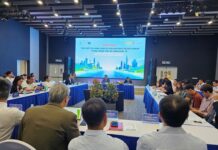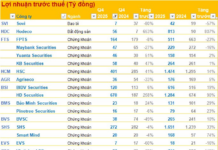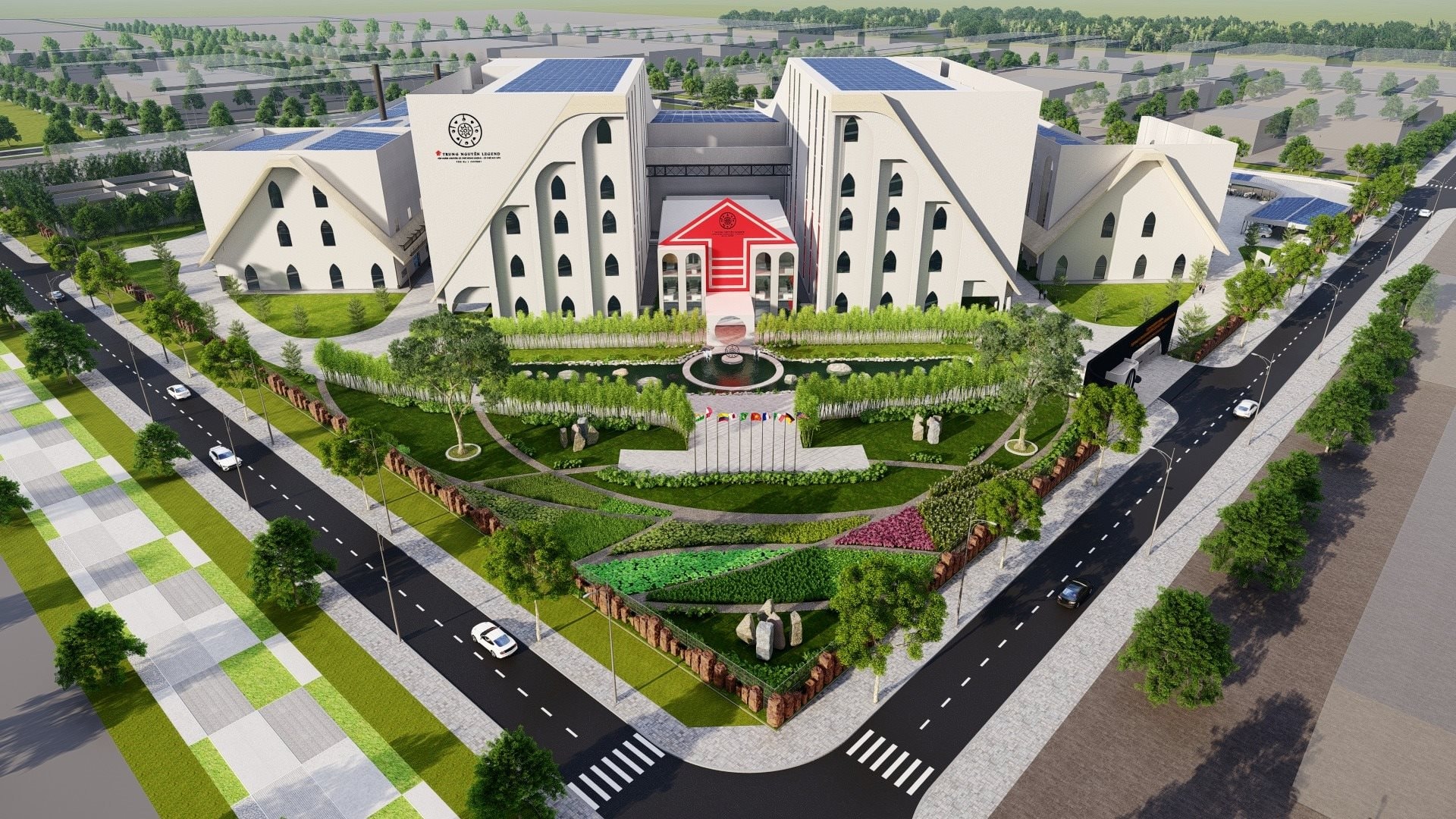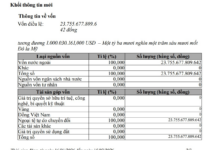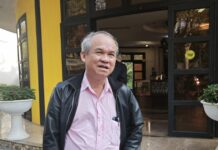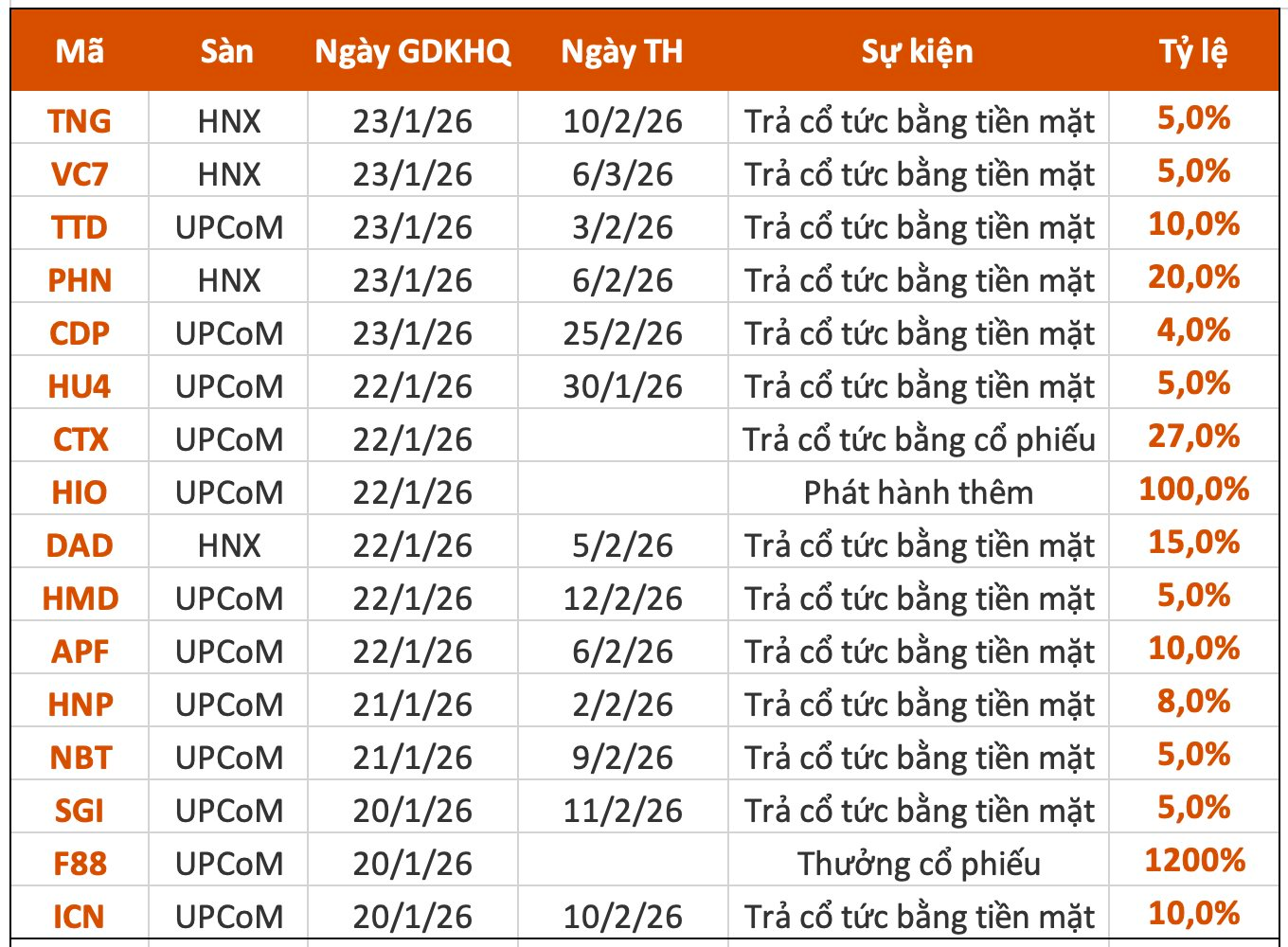EU Delegation and AFD Launch Climate Resilience Project in Four North-Central Coastal Provinces of Vietnam
The EU Delegation to Vietnam and the French Development Agency (AFD) collaborated with the People’s Committee of Thach Ha District (Ha Tinh) to organize the kick-off workshop for a program to strengthen the climate change resilience of four coastal provinces in North Central Vietnam: Ninh Binh, Thanh Hoa, Nghe An, and Ha Tinh.
Focus on Infrastructure Investment and Capacity Building
According to Jesus Lavina, Deputy Head of Cooperation at the EU Delegation to Vietnam, with a focus on infrastructure investment, capacity building, and long-term sustainability, the CRUIV project will serve as a cornerstone for future development initiatives in Vietnam and other countries facing climate change challenges. AFD and the EU look forward to continuing their partnership with the Vietnamese government to build a more sustainable future for all.
”We trust that the project will not only improve the lives of people in these provinces but will also serve as a model for future climate resilience initiatives throughout the region.”
Hervé Conan, Country Director, French Development Agency (AFD)
The CRUIV project will support sub-projects in five districts/towns in the four provinces to develop infrastructure and enhance climate change adaptation capacity.
The sub-projects are implementing investment activities with a total capital of EUR 123 million from the Official Development Assistance (ODA) loan from the French Development Agency (AFD) and approximately EUR 28 million in counterpart funds. A EUR 5 million grant provided by the European Union, entrusted to AFD for management, is dedicated to technical assistance activities for project implementation and capacity building.
”Climate change cannot be addressed through infrastructure alone. EU support under the CRUIV project is designed to foster cooperation and knowledge sharing among key stakeholders, leading to improved urban services that enhance the resilience of these provinces to the increasing impacts of climate-related disasters,” emphasized Jesus Lavina.

Hervé Conan, AFD Country Director, stated that the CRUIV project is a testament to the long-standing partnership between France and Vietnam. AFD’s significant contribution through a 123-million-euro loan reflects France’s strong commitment to supporting Vietnam’s sustainable development goals. This funding, combined with the counterpart funds from Vietnam and the EU grant, will enable a comprehensive and cooperative approach to strengthening climate resilience in the project’s beneficiary provinces.
Project Targets Four Objectives
At the workshop, participants heard experts present the background of the CRUIV project, plans for capacity building on disaster risk management, climate change adaptation integrated with urban planning, wastewater management techniques, and communication activities. Accordingly, the project aims to achieve four specific objectives:
Firstly: To enhance safety and security for residents and reduce material losses due to flooding through a reinforced protection and drainage system.
Secondly: To upgrade public roads, especially those serving evacuation and rescue operations for people directly affected by floods.
Thirdly: To organize wastewater collection and treatment to improve the local environment.
Fourthly: To strengthen the capacity of urban authorities and agencies to ensure the sustainability of investments, improve management and service efficiency, and ensure urban development that takes into account social and environmental constraints, thus meeting the demands of a growing population and rising living standards.
”We expect the project to develop a solid waste treatment system, increase the capacity of water and wastewater treatment, and increase the number of households accessing improved drainage and water supply networks. The project will also strive to address gender equality in different components of the implementation. The overall expected impact is to enhance the resilience of the five districts to climate change, especially floods,” shared a project consultant.

Affirming the unwavering commitment to ensuring the successful implementation of the project, Nguyen Van Khoa, Chairman of Thach Ha District, expressed that the support and partnership of the donors will enable the locality to achieve its vision of a sustainable, livable, climate-adapted, and prosperous Thach Ha district.
”The sub-project to improve urban infrastructure in Thach Ha, Thach Ha district has been approved by the Provincial People’s Committee, with a total investment of over VND 851 billion, of which the loan from the French Development Agency supports over VND 648 billion, the EU’s non-refundable grant is over VND 25 billion, and the counterpart funds from the provincial and district budgets are over VND 178 billion,” informed Mr. Ha.
A representative of Hoang Mai town, Nghe An province, reported that Sub-project 3 to improve urban infrastructure in Hoang Mai is designed with a total investment of over VND 826 billion. Of which, the loan is over VND 633 billion; the non-refundable grant is over VND 26 billion; the counterpart funds from the locality are over VND 167 billion. It includes the following components: the flood-prevention road section through Quynh Vinh commune and Quynh Trang commune; the upgrade of QL48E; the upgrade of the rescue road connecting QL1A to Ho Vuc Mau under the XL1 bidding package; the flood-prevention road section from Km2+140 to Km7+049; the dike No. 2, the anti-erosion dike of the Hoang Mai River combined with the rescue road on the left bank of the Hoang Mai River, and other bidding packages.
Currently, the Hoang Mai Town People’s Committee is focusing on strongly directing specialized departments and sectors to coordinate with investors to allocate resources for effective project implementation. Simultaneously, it requires construction contractors to accelerate the progress and quality of project components, promptly resolve difficulties and obstacles, and complete and put them into use as soon as possible to contribute to minimizing the impacts caused by climate change in the town.
During the workshop, attendees also observed a field demonstration of using drones for data collection, flood response, and land use management. They shared experiences in building climate-resilient urban infrastructure in European countries as well.










